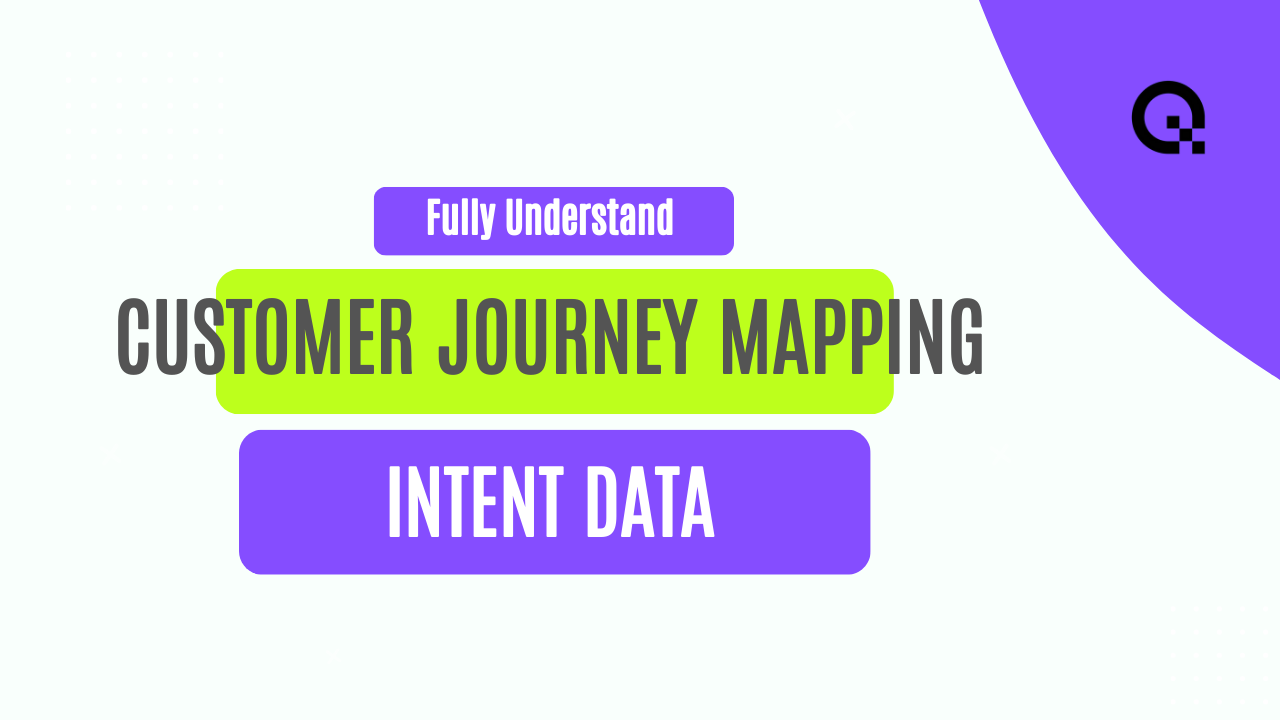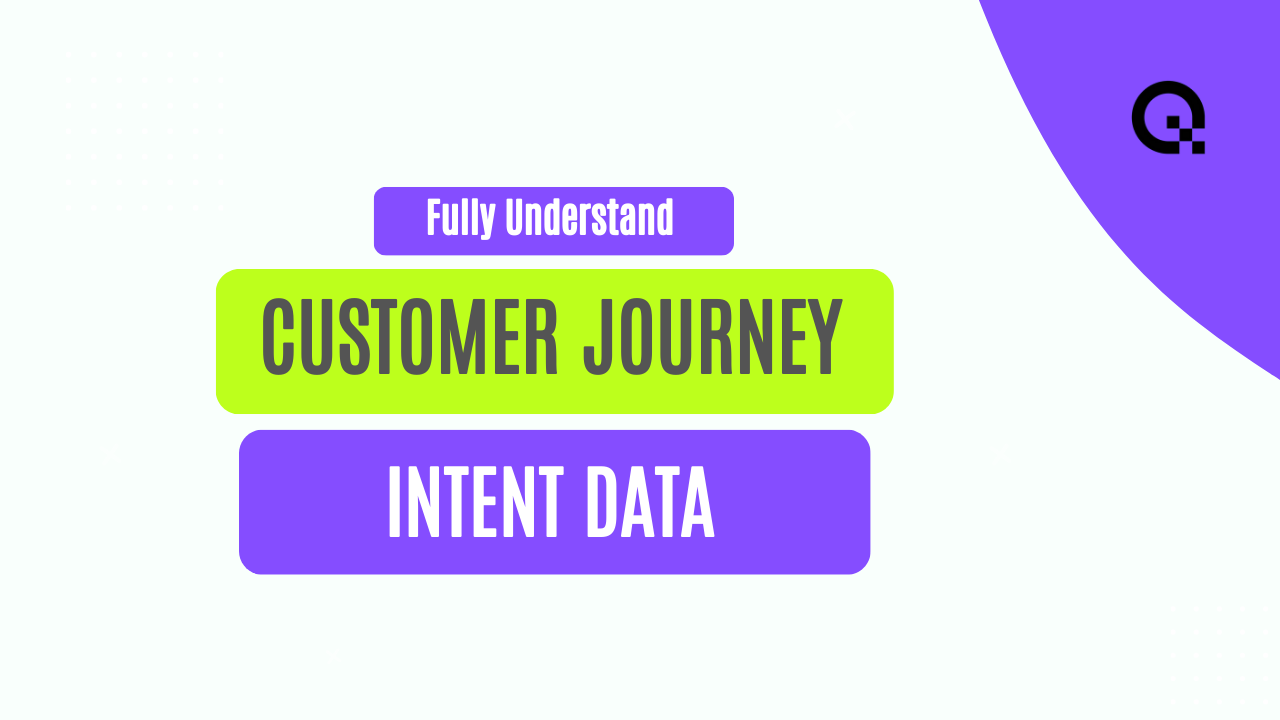The Power of Emotional AI: Revolutionizing Customer Sentiment Analysis
In today's fast-paced digital world, businesses are constantly seeking innovative ways to understand their customers better and improve their overall experience. One groundbreaking technology that is reshaping the landscape of customer sentiment analysis is Emotional AI.
Understanding Emotional AI
Emotional AI, also known as affective computing, is the capability of artificial intelligence to detect and interpret human emotions. By leveraging advanced algorithms and machine learning, Emotional AI can analyze various data points such as facial expressions, tone of voice, and text to discern the emotional state of individuals.
Emotional AI goes beyond traditional sentiment analysis, which typically focuses on categorizing content as positive, negative, or neutral. Instead, it delves deeper into the nuances of human emotions, allowing businesses to gain valuable insights into how customers truly feel about their products, services, and brand.
By understanding and responding to customer emotions, companies can personalize interactions, tailor marketing strategies, and enhance customer satisfaction. Emotional AI enables businesses to connect with their audience on a more profound level, fostering loyalty and long-term relationships.
The Benefits of Emotional AI in Customer Sentiment Analysis
1. Enhanced Customer Understanding: Emotional AI provides a holistic view of customer sentiment, allowing businesses to identify underlying emotions and motivations behind customer behavior.
2. Personalized Experiences: By leveraging Emotional AI insights, companies can deliver personalized experiences that resonate with individual emotions and preferences.
3. Improved Customer Engagement: Understanding customer emotions enables businesses to engage with their audience in a more empathetic and meaningful manner, building trust and loyalty.
Challenges and Considerations
While Emotional AI offers numerous benefits for customer sentiment analysis, there are challenges and considerations that businesses must address:
1. Ethical Concerns: The use of Emotional AI raises ethical questions regarding privacy, consent, and the potential manipulation of emotions.
2. Data Accuracy: Ensuring the accuracy and reliability of emotional data analysis is crucial to avoid misinterpretation and biased outcomes.
3. Integration with Existing Systems: Integrating Emotional AI into existing customer sentiment analysis tools and workflows requires careful planning and implementation.
The Future of Emotional AI
As Emotional AI continues to evolve and mature, its applications in customer sentiment analysis will become more sophisticated and impactful. From predictive analytics to real-time emotion detection, Emotional AI holds the potential to revolutionize how businesses understand and interact with their customers.
By embracing Emotional AI technologies and leveraging emotional insights, companies can stay ahead of the competition, build stronger customer relationships, and drive business growth in the digital age.
Emotional AI is not just a tool for analyzing data; it is a gateway to understanding human emotions and creating meaningful connections that drive customer loyalty and satisfaction.



